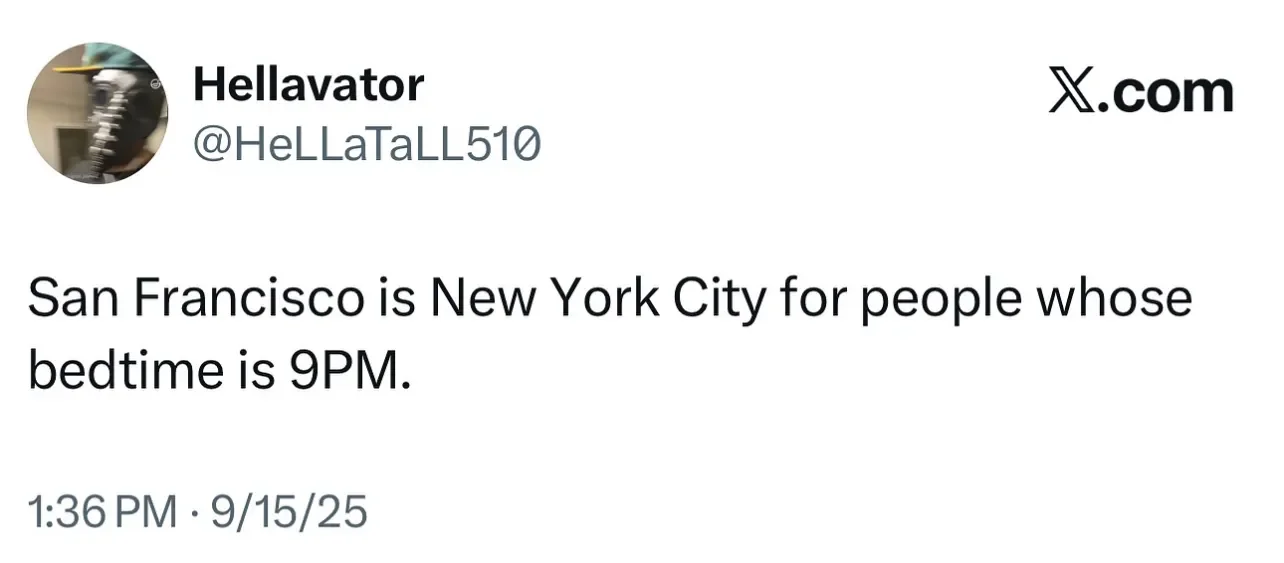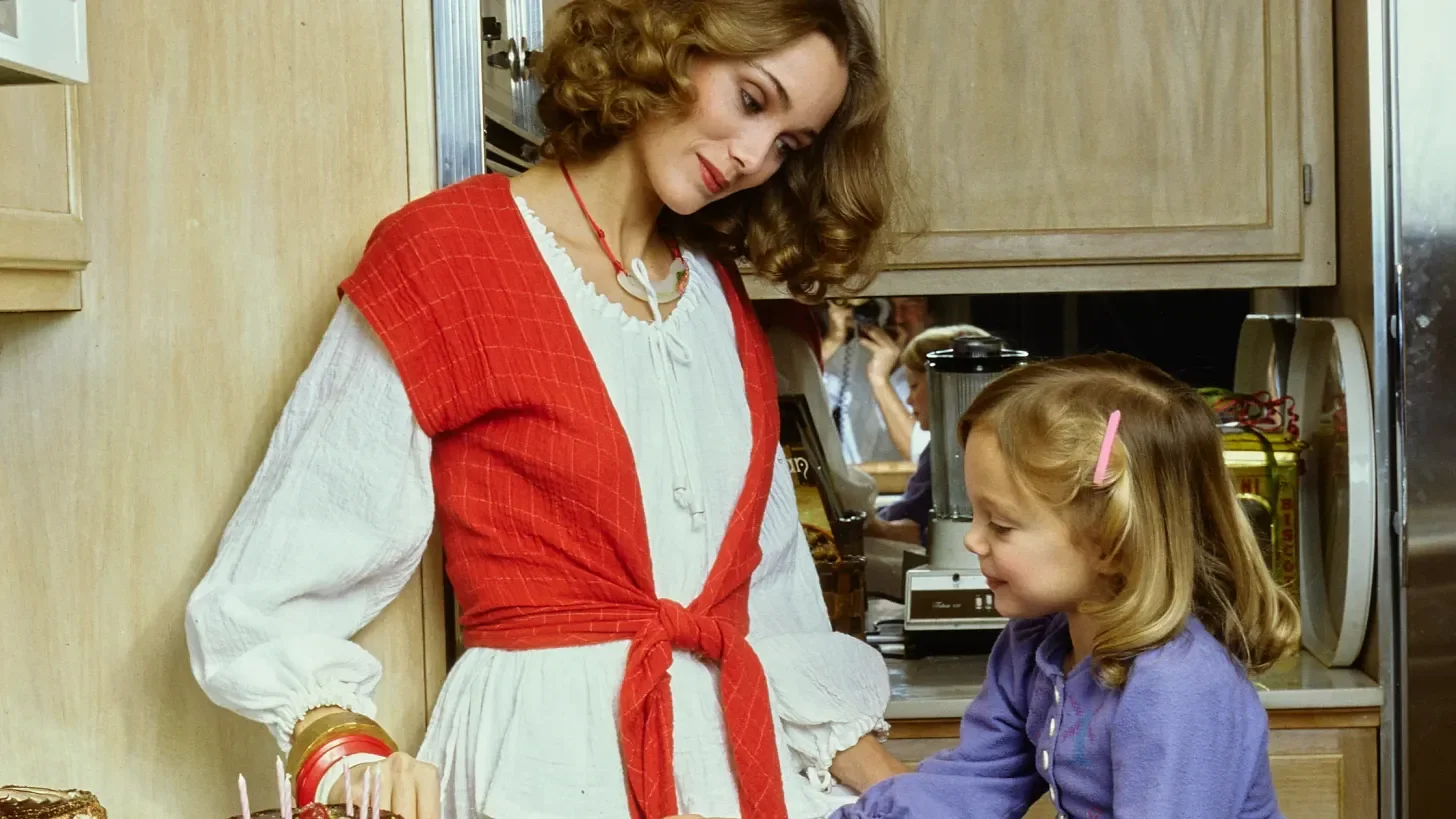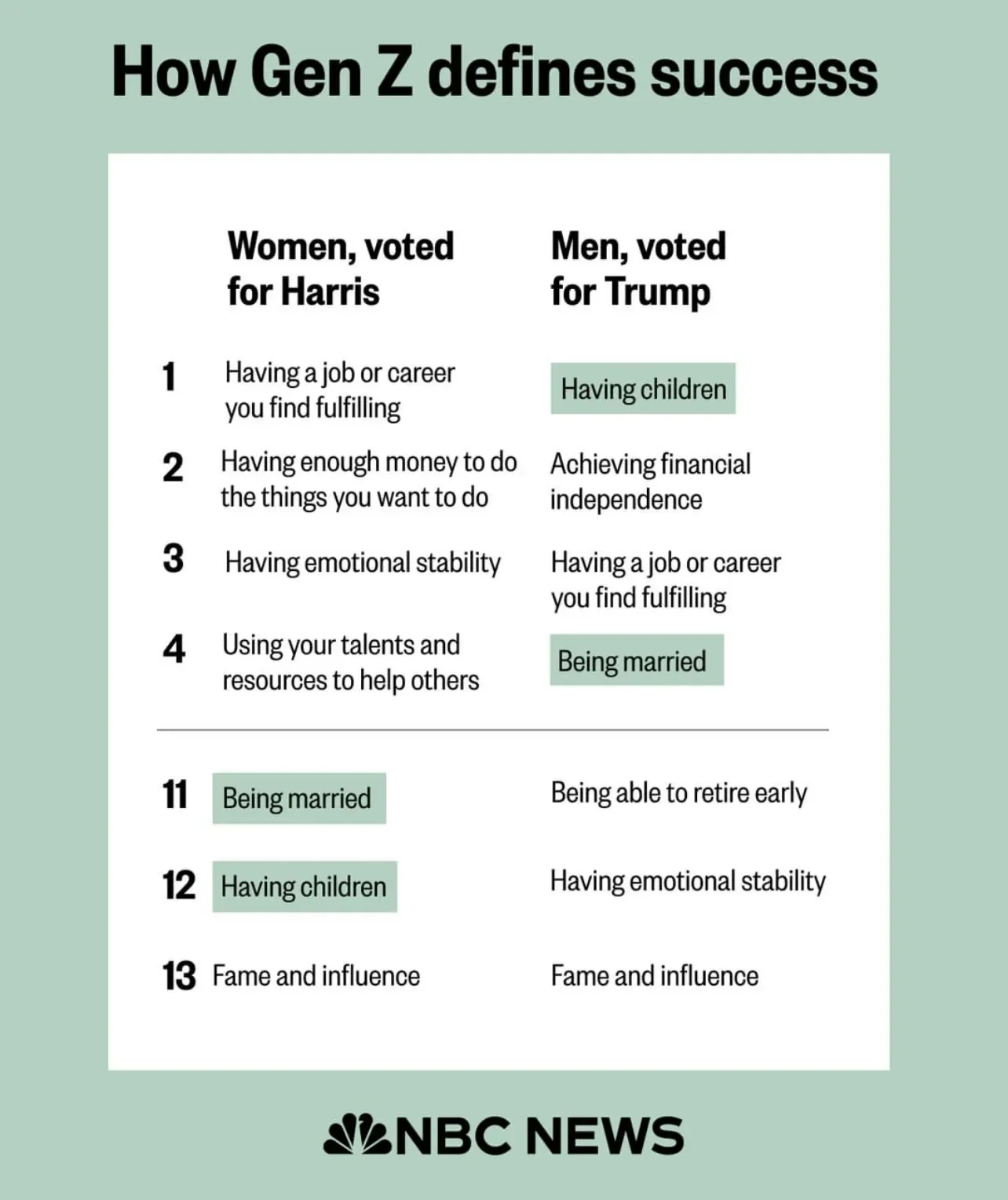The marriage proposal, debunked
This issue was originally published on September 19, 2025 on Substack.
I’m in Dallas for a wedding. It is sprawling and flat, and makes San Francisco look like Europe. I skipped last week’s newsletter because I was writing in direct exchange for money, and when that happens I am BUSY, OK? If you’re an editor reading this, you should probably commission a story from me, like, now because I’m child-free and pouring 80% of my energy into work. It won’t be that way forever. (The remaining 20% is reserved in perpetuity for frolicking—browsing, cooking, planking, looking at antiques in the beating sun, smothering my cat, etc.—I will never give it up!)
The other night at dinner, I spent two hours listening to a friend tell me about her relationship, specifically the slow on-ramp to engagement. We drank prosecco and picked at a poorly deboned branzino. I had a pounding headache (bubbles F me up), but it was nothing compared to the year of anguish she’d spent maneuvering one conversation after another with her boyfriend. Her words reignited a side quest of mine—a light crusade against the patriarchy—to dispel the myth of the proposal as a spontaneous act of love and commitment.
It may appear that way in a photo on social media. Whether it’s Taylor Swift and Travis Kelce or close friends, we see the spectacle, the diamond, the kneeling man. What we don’t see are the strenuous conversations about timing, budget, and expectations that make the picture-perfect moment possible.
As society continues to embrace feminism, our relationships have followed suit. Men are helping out more around the house and women are initiating more prenups than ever before. In 2014, Bumble was founded on the basis that women make the first move. But one relationship ritual remains almost entirely unchanged: the marriage proposal. Men still do the asking. Recent studies suggest only 2 to 5 percent of women in heterosexual relationships propose. This means the vast majority believe their role is to wait, so they sit in the dark or feel guilty when they inevitably shine a flashlight into that corner of their partner’s mind.
I know this firsthand. Although I was shocked the moment my husband popped the question (despite him leading me into an open field en route to a restaurant; I thank my abysmal sense of direction for not catching on), I knew it was coming because we’d talked about it at length. And every married person I know describes a similar experience.* The “surprise” proposal is usually the final step in a long negotiation.
Even the strongest couple I know, together 30+ years, fought during their 7-year on-ramp!
I apply the word “negotiation” to the prelude, not to the viability of the engagement itself. No one should be convincing or manipulating anyone into marriage! But friction at that stage is normal, and most women don’t realize it until they’re in it themselves. That a man intuits and then executes a seamless proposal at the opportune time is a fallacy fed to us by the media. Others I can think of: a pregnant woman’s water breaks minutes before going into labor, sexual partners climax at the same time, best friends drift apart once one person must relocate to Europe for work. All possible but unlikely.
*If you had a unicorn proposal with no preliminary discussion, DO get in touch.
In this FLD: The perfect “set up” formula, stay-at-home-motherhood is booming, why you don’t need a true bestie, and the importance of riffing with your partner.
Have a story or topic I should look into? Write to me at: fendiliudufner@gmail.com 💌
〰️
Have a story or topic I should look into? Write to me at: fendiliudufner@gmail.com 💌 〰️
Photo by William Connors
Female pop stars aren’t singing male praise. Since the late 1960s, lyricists have evolved from universal themes to confessional storytelling—and modern women aren’t impressed by their lovers. In 1972, Carly Simon famously sang, “You’re so vain, you probably think this song is about you.” In Sabrina Carpenter’s newest album, she calls her man “stupid,” “slow,” and “useless.” She asks, mocking a caveman, “Why so sexy if so dumb? / And how survive the Earth so long?” It’s yet another manifestation of women becoming choosier and more critical as they gain power and wealth.
Young women who voted for Harris and young men who voted for Trump have different visions of a successful life. Women ranked getting married and starting a family among their lowest indicators of success, while men ranked both among the most important. Smells like conflict, but they probably won’t match up anyway.
Writer Delia Cai claims to have perfected the “set up” formula. And encourages coupled people to help their single friends out best they can. “You have a role to play in the proverbial village!” she writes. “It’s time to get involved!” 1) Ask each party for permission 2) Identify a shared interest 3) Choose photos to share, strategically 4) Organize the date: day/time/location, and 5) Drop the suitors into a chat with the details and hope for the best.
One in six U.S. parents are rejecting vaccine recommendations. Democrats and Asian parents are some of the least likely to skip or delay any vaccine for their children besides coronavirus or flu, while White parents who home-school and identify as religious are most likely. Most parents, however, fall in the “mushy middle,” choosing to vaccinate their children while expressing some skepticism toward vaccines as a whole.
Mothers of young children are leaving the workforce in record numbers. Sometimes it’s by choice, sometimes it’s not. Either way, they’re finding fulfillment in stay-at-home motherhood. Look up #SAHM on IG or TikTok and you’ll find women in ankle-length dresses carrying babies and kneading dough, but experts say the shift is not a resurgence of the “trad wife.” It is reflective of a modern workplace culture that does not support parents.
Fathers of the bride deserve more recognition. One creator encourages any young man attending a wedding—especially if friends with the groom—to go up to the father of the bride and compliment the day: “For you, it may be just another wedding. For this gentleman, it’s a top 5 day of his life.”
More than a quarter of single daters (and nearly half of Gen Z daters) report using AI in their dating process. They’re using bots to write dating profiles, opening lines, and text messages. Sounds like results depend on which AI you use. ChatGPT=bad. Message Game AI, or MGAI=not so bad.
Prenups are gaining popularity, and women are starting the conversation more than ever before. Data shows the marriage-to-motherhood pipeline often disrupts women’s careers and slashes lifetime earnings, so post #GirlBoss era, many want to cover their asses too. Hello Prenup, an online prenup service, reported that in 2024, 52% of all its prenups were initiated by women.
“Pulse,” a fully AI-generated short film, explores what it might look like if “someone” were to find one of the Golden Records. Launched into space aboard the Voyager 1 and 2 spacecrafts in 1977, each record is a time capsule containing sounds and images of life on Earth. Akos Papp, a creative director in Brooklyn, NY, released the heart-warming sci-fi video on social media earlier this month and the reaction has been astounding.
You don’t need one, true best friend. Having a mix of friends is ideal: an emotional anchor for deep, vulnerable conversations; a practical problem solver to get logistical advice from; a playmate who brings out your fun, party side; and a contextual companion not necessarily in your inner circle, but who you enjoy catching up with during your weekly grocery run or book club.
“Romantasy” is one of the fastest growing book genres in the literary world. It combines elements of romance and fantasy. You’ve probably heard of Sarah J. Maas’s “A Court of Thorns and Roses.”
Couples who riff together, stay together. Researchers found the strongest bonds between two people come less from existing similarities and more from their ability to riff playfully: “People create a little world that belongs just to them, a process we call ‘building a shared reality.’” I imagine inside jokes and nicknames fall in this lane too.





